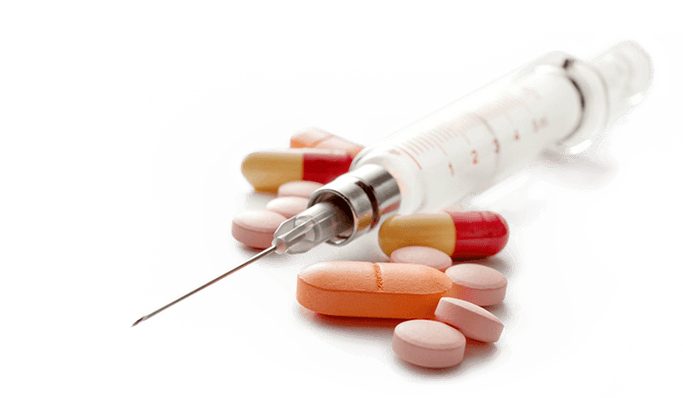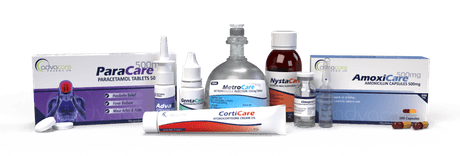What is the meaning of Urological Medications?
Urological medications refer to drugs used to treat conditions affecting the urinary system, including the kidneys, bladder, urethra, and prostate. Urinary medicines can be used for a variety of conditions, such as urinary tract infections (UTI), overactive bladder, urinary incontinence, and prostate problems.
Urological treatments have various mechanisms, including relaxing or contracting the muscles in the bladder and urethra, blocking the action of certain hormones, or killing bacteria that cause infections. Urology treatments have been scientifically proven to be effective in treating many urological conditions.


